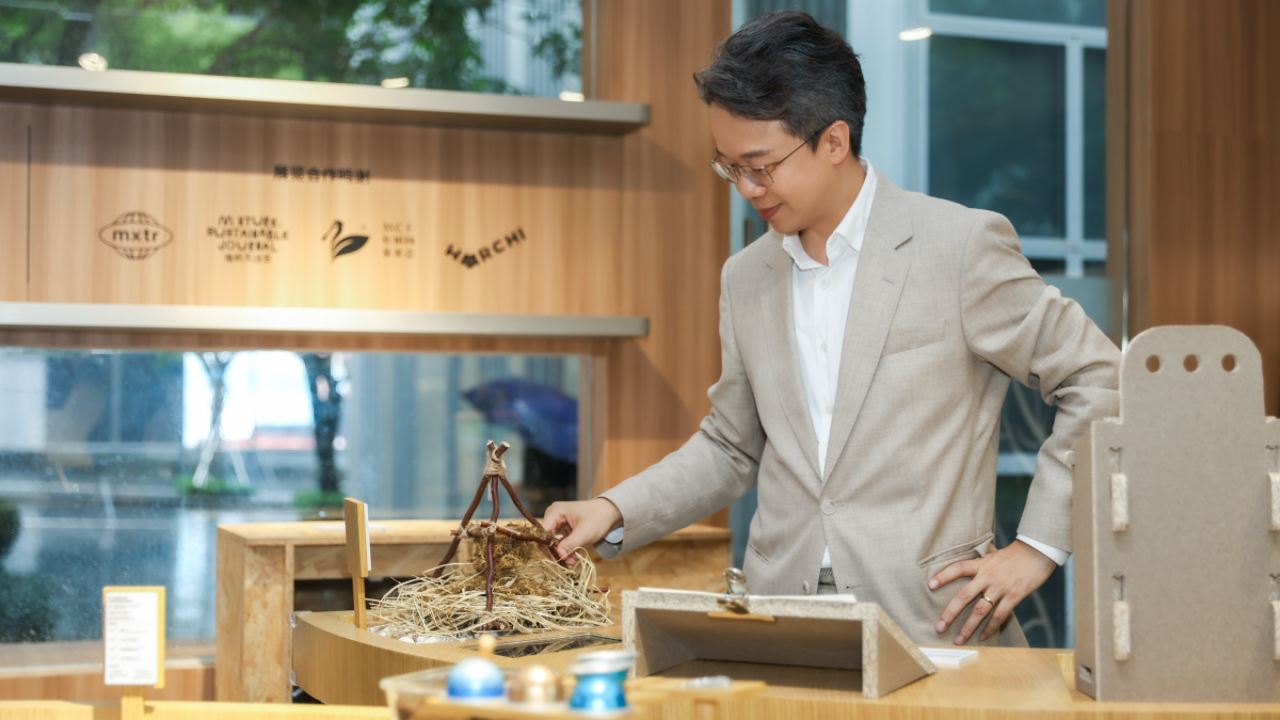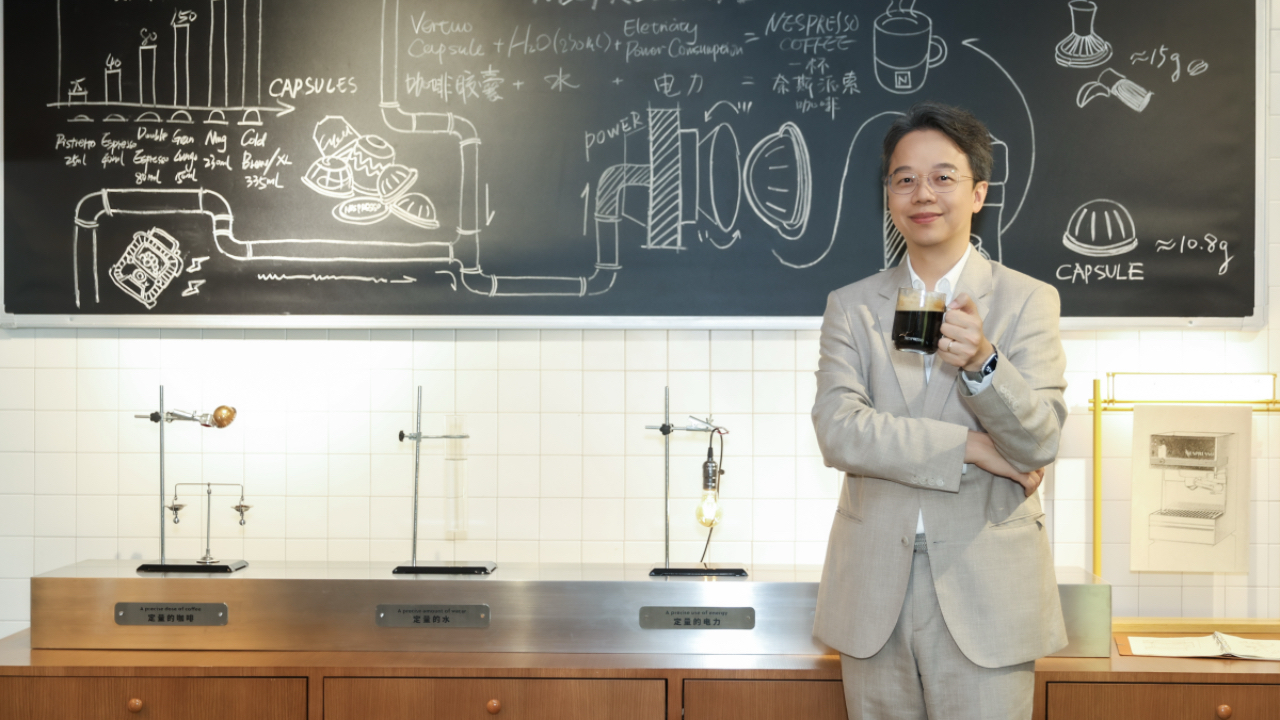Nespresso powers sustainable coffee journey in SZ
Writer: Tang Li | Editor: Yu Xiyao | From: Original | Updated: 2025-08-11
When savoring a meticulously brewed cup of coffee during work or leisure, few realize that the coffee’s journey doesn’t end in the cup. For Nespresso, the global leader in premium capsule coffee, sustainability is a full-circle commitment — one that transforms used coffee capsules into valuable resources, bridging the gap between urban consumption and environmental stewardship.
Since 2015, Nespresso has pioneered a capsule recycling program on the Chinese mainland, ensuring that every sip contributes to a greener future.
“Coffee comes from nature, is enjoyed in the city, and through recycling, returns to nature. This cycle is at the heart of what we do,” said Matt Lu, general manager of Nespresso China, in an exclusive interview with Shenzhen Daily.
A pop-up experience: ‘Nespresso Cycle Journey’
Over the past month, Nespresso brought this philosophy to life with an immersive pop-up at MixC World in Nanshan District. The “Nespresso Cycle Journey” installation showcased the brand’s premium coffee, precision brewing technology, and innovative capsule recycling process — demonstrating how everyday waste can be transformed into valuable resources.
“We believe a cup of coffee’s purpose extends far beyond the moment of enjoyment,” Lu emphasized. “By rethinking urban waste as regenerative materials, we can help heal ecosystems while redefining sustainable living.”

Matt Lu shares Nespresso's Cycle Journey pop-up.
Innovative collaboration for a waste-free city
In April this year, Nespresso announced a landmark partnership with Shenzhen’s Mangrove Conservation Foundation (MCF) to support the development of a “zero waste city.” Together, they created an efficient system for recycling used coffee capsules: extracting coffee grounds, mixing them with garden waste, and fermenting the blend into nutrient-rich “black gold” compost.
This composting method significantly improves soil nutrient content and structure, fostering a healthier growth environment within Shenzhen’s Futian Mangrove Ecological Park.
“MCF is a vital ESG (Environmental, Social, and Governance) partner for Nespresso in China,” Lu noted. “This isn’t just about waste reduction — it’s about creating a model for urban sustainability. Looking ahead, we will engage the community through composting workshops and birdwatching tours in the park to encourage sustainable practices among the public.”
Precision extraction technology: The science behind the perfect cup
Visitors to the Nespresso Cycle Journey pop-up can explore a “precision coffee lab” demonstrating Nespresso’s intelligent extraction technology. By meticulously controlling water temperature, pressure, and extraction time, Nespresso ensures each capsule delivers consistently rich flavors while minimizing resource usage.
“Every capsule is engineered for efficiency — exact coffee measurements, optimized water use, and reduced energy consumption,” Lu explained. “Sustainability doesn’t mean compromising on quality; it means elevating both.

Matt Lu introduces Nespresso’s intelligent extraction technology.
Decades of commitment to ESG and beyond
Nespresso entered the Chinese market in 2007 and launched its capsule recycling program in 2015, initially focusing on offline collection. Recognizing consumers’ preference for convenience, the company expanded to online recycling with partners like JD Logistics and Cainiao, an initiative that has received a positive feedback from its members.
Beyond Shenzhen, Nespresso also works with a foundation in Shanghai to create “capsule hotels” for stray pets, using recycled coffee grounds.
On the aluminum front, Nespresso collaborates with the footwear brand ASH, incorporating recycled aluminum parts from capsules into shoe components, further promoting a circular economy.
Lu also highlighted Nespresso’s long-standing 3A Program, launched in 2003 — a comprehensive sustainability initiative supporting coffee farmers worldwide. “We don’t just teach farmers sustainable cultivation techniques like water-saving and reducing chemical fertilizers; we also buy their beans at prices above market rates,” he said. From just 400 farmers initially, the program now supports 168,000 globally, underscoring Nespresso’s cultural commitment to sustainability from farm to cup.
As Lu put it, “Our culture of sustainability — from sourcing and farming to recycling — is our greatest strength. It’s not just about the product; it’s about making a real difference for the planet and communities.”